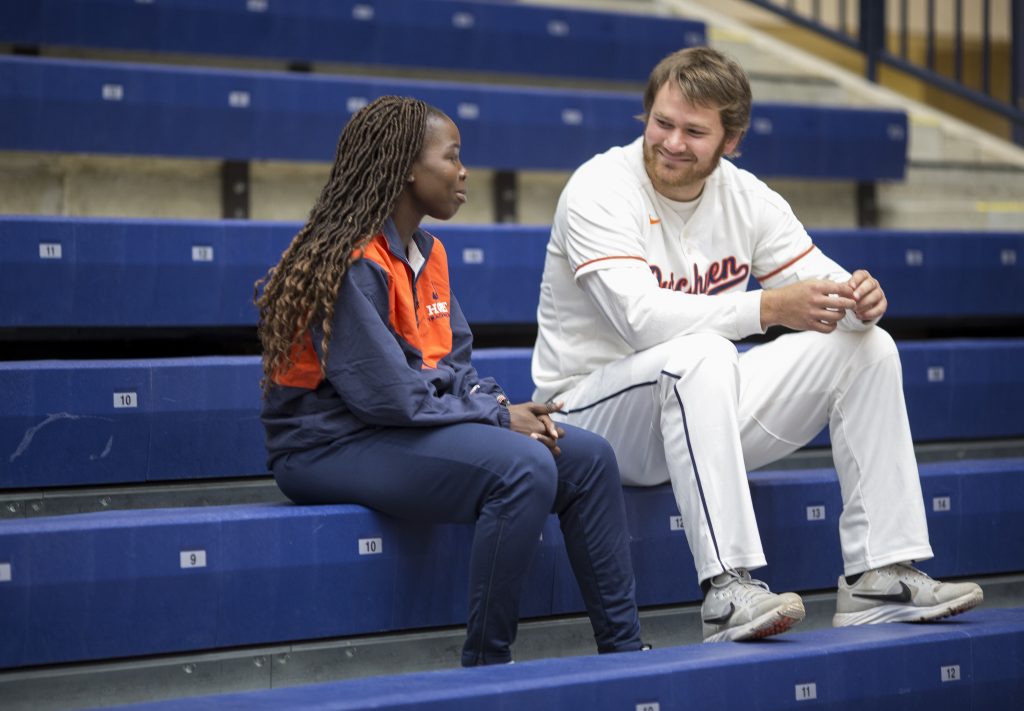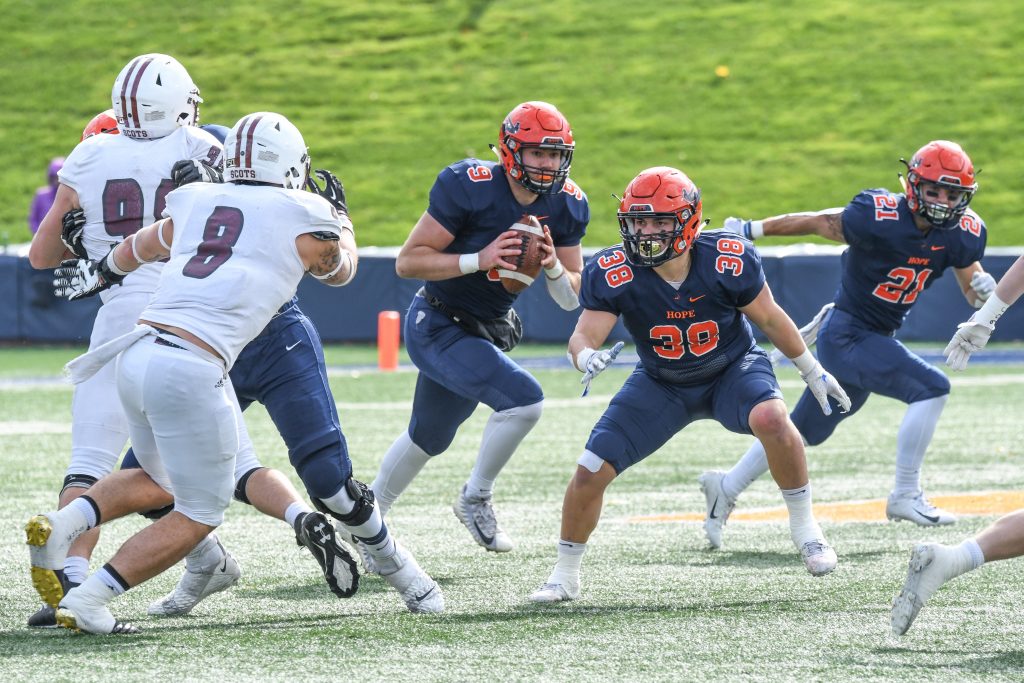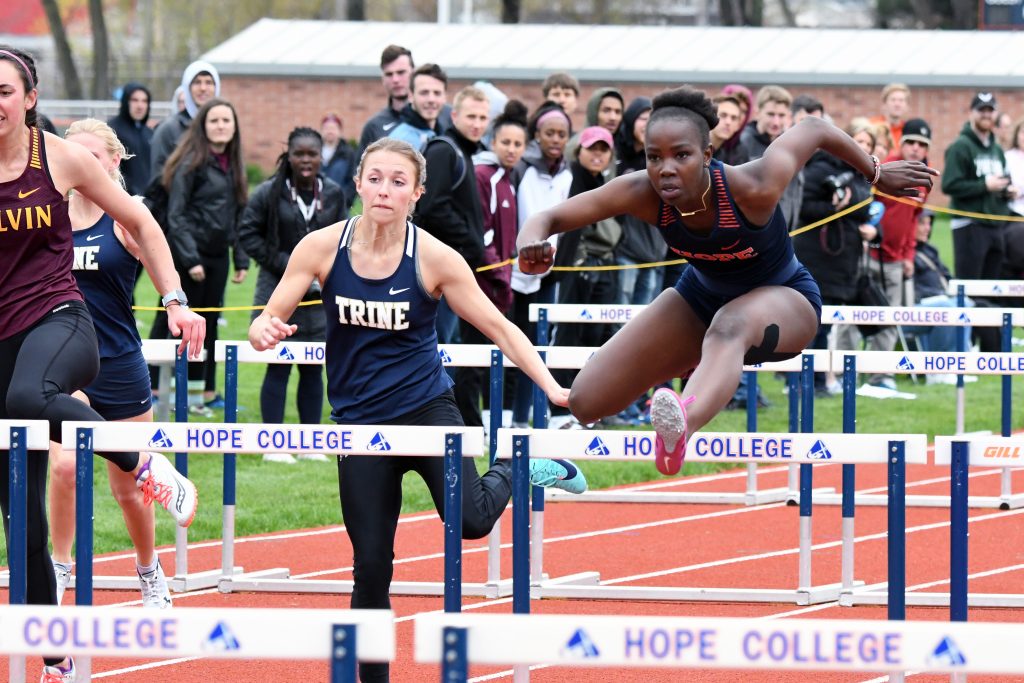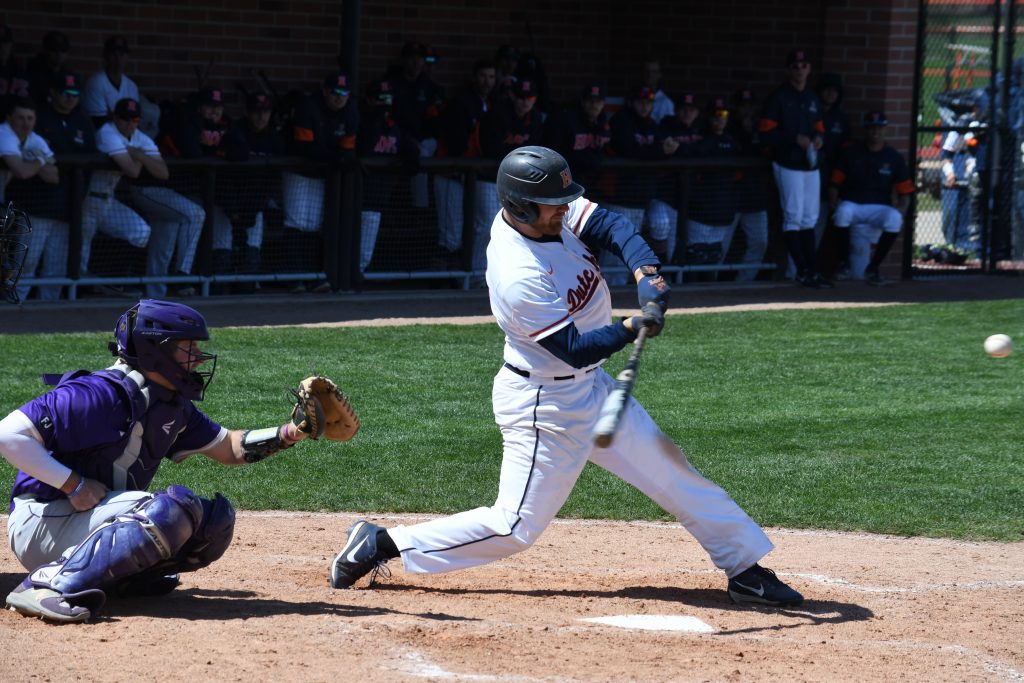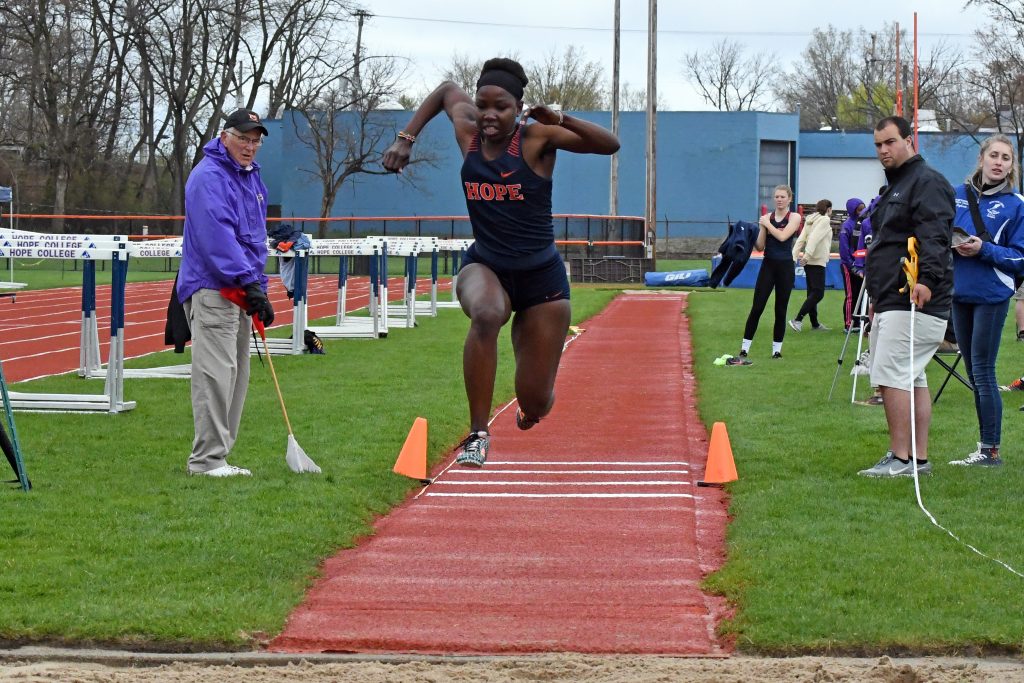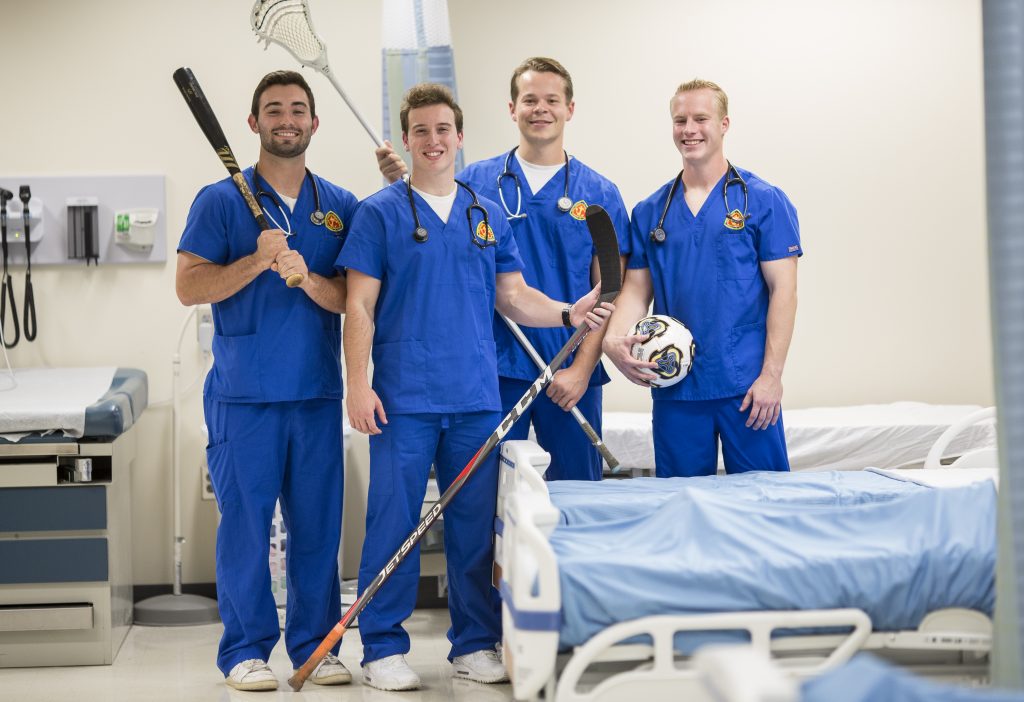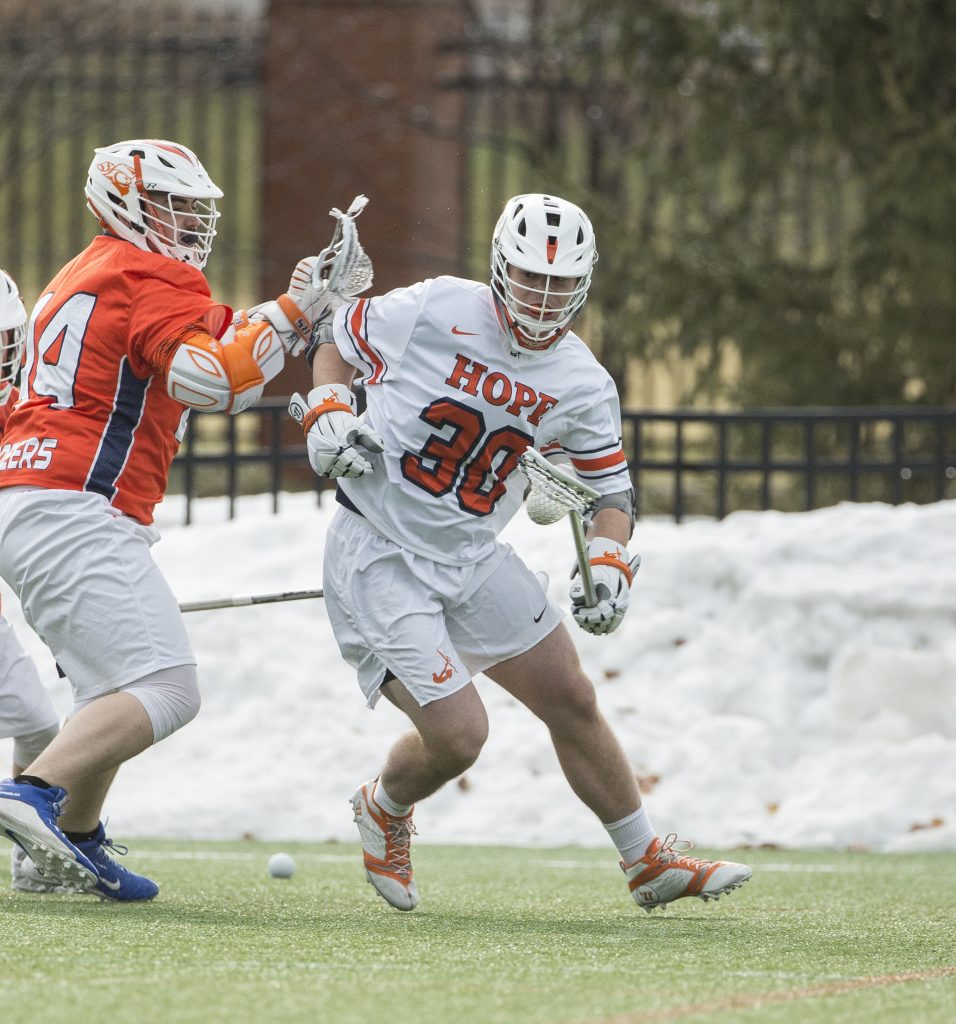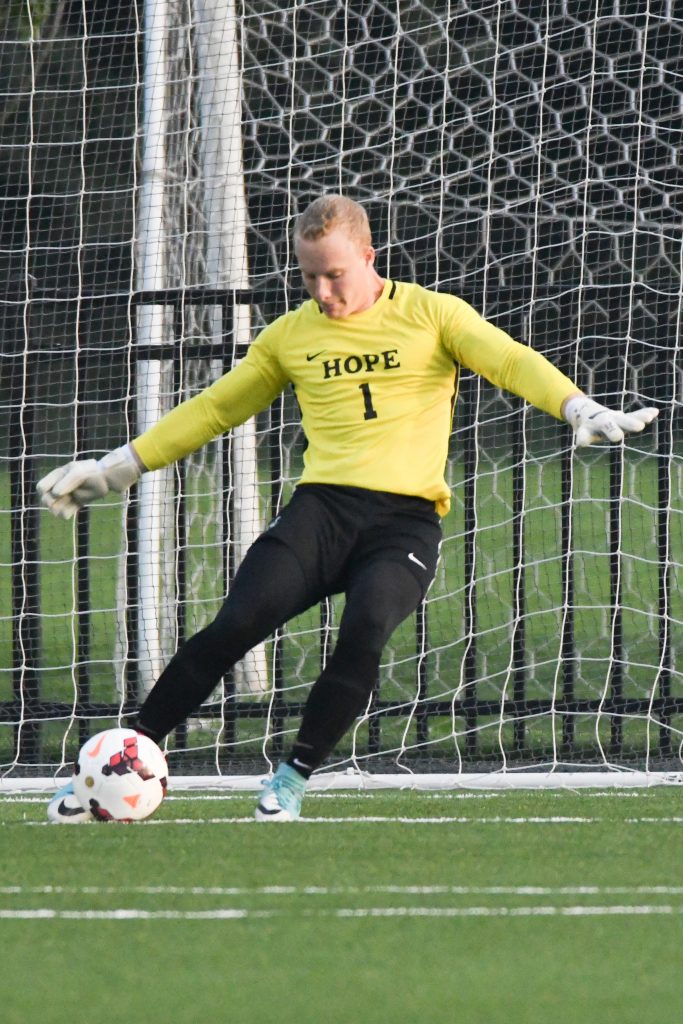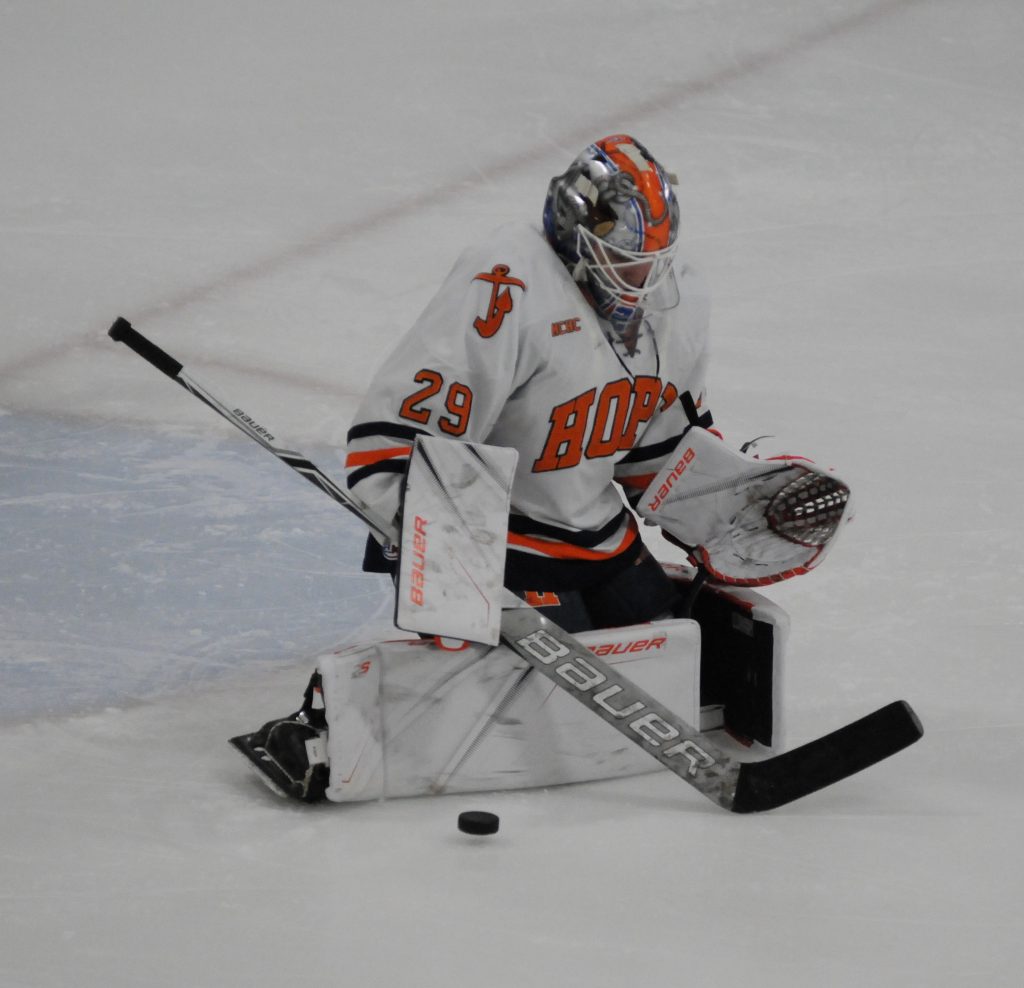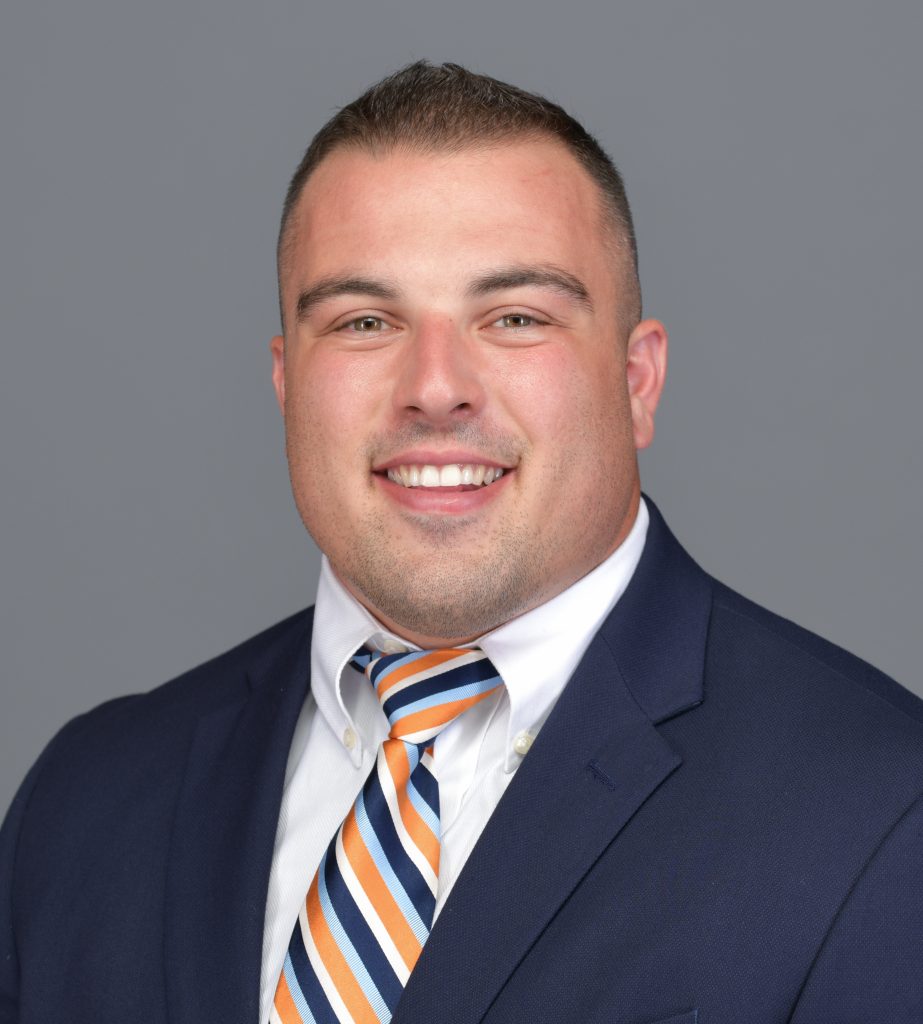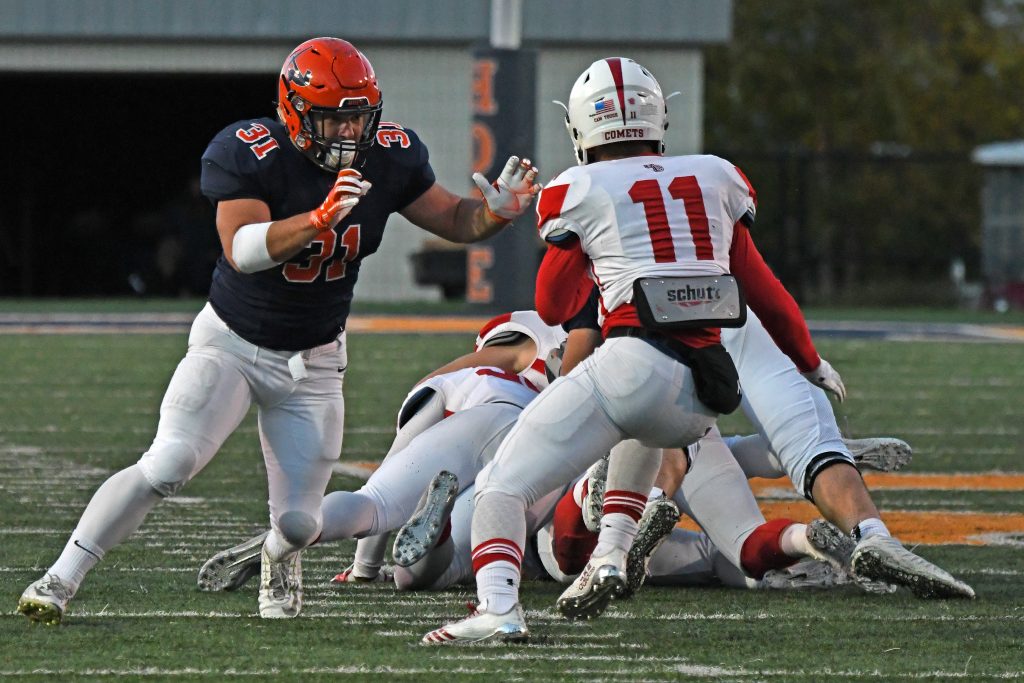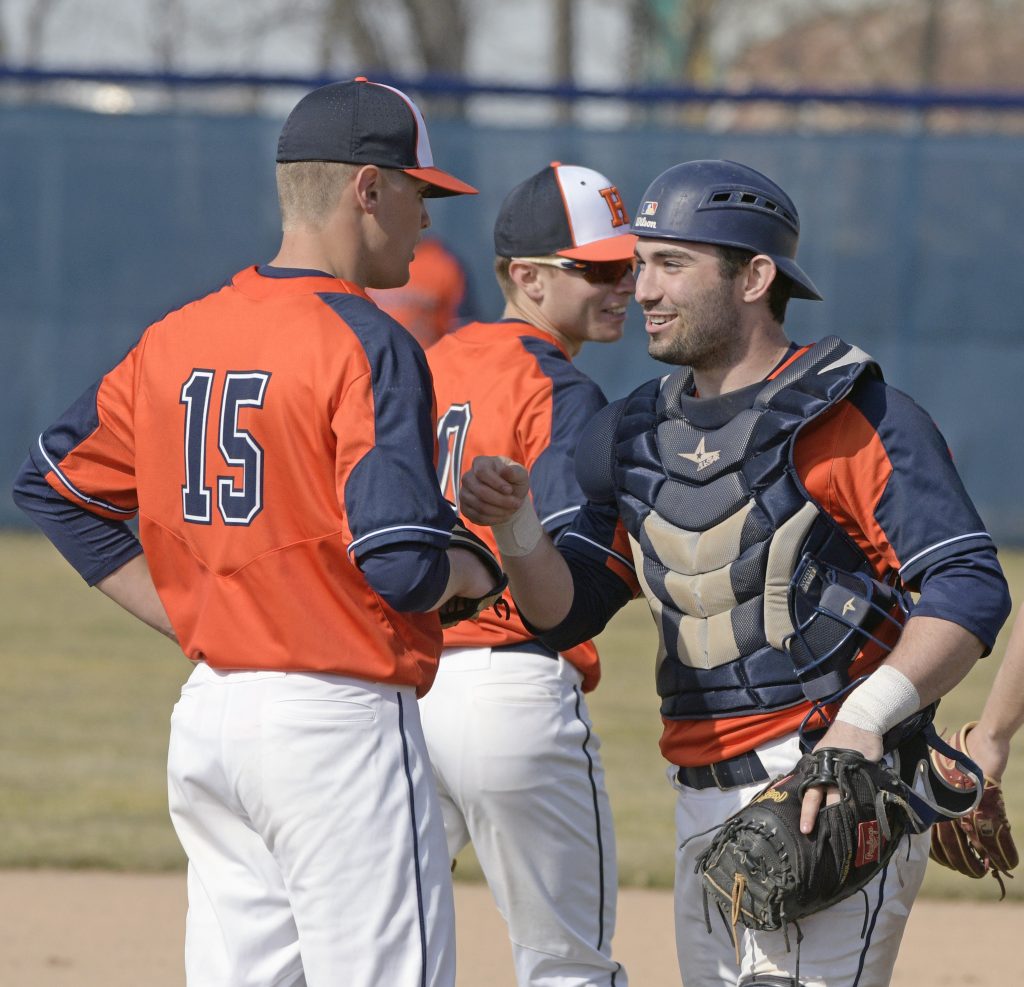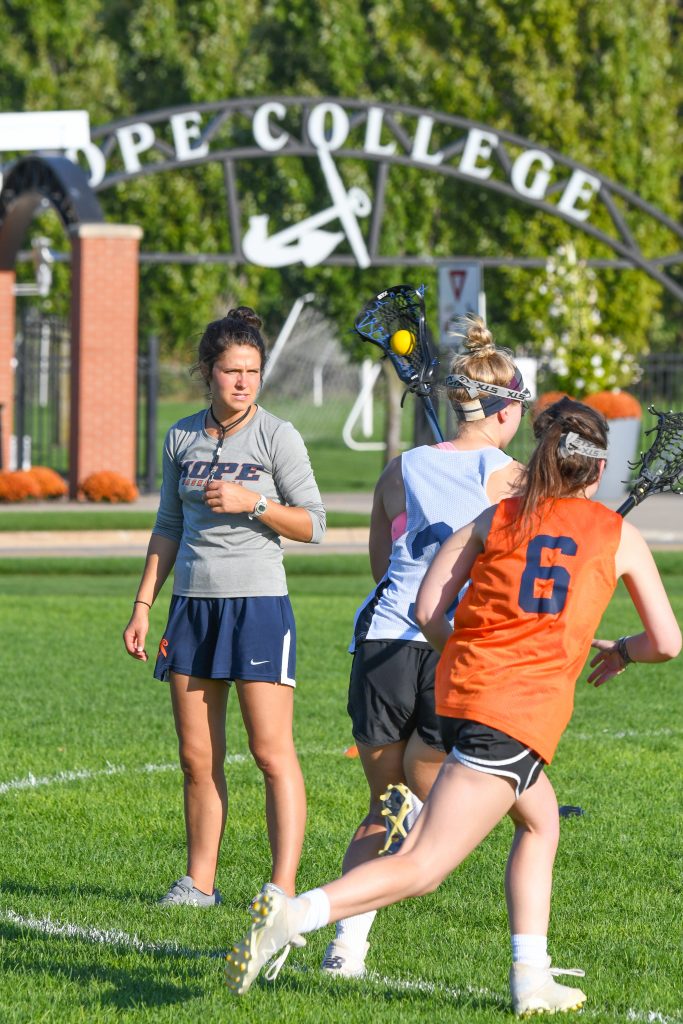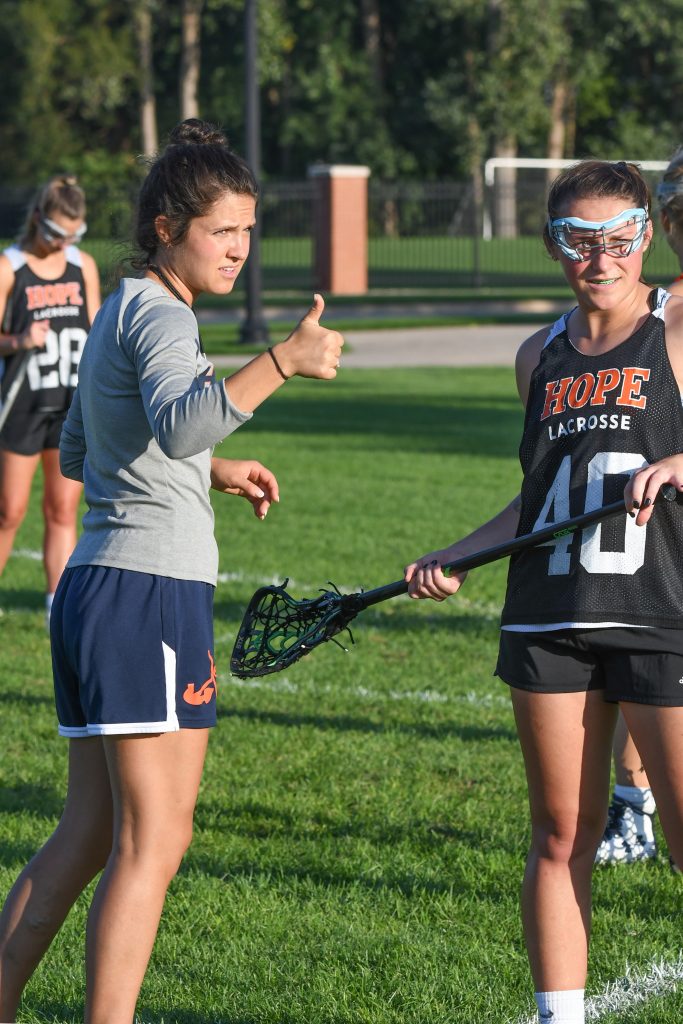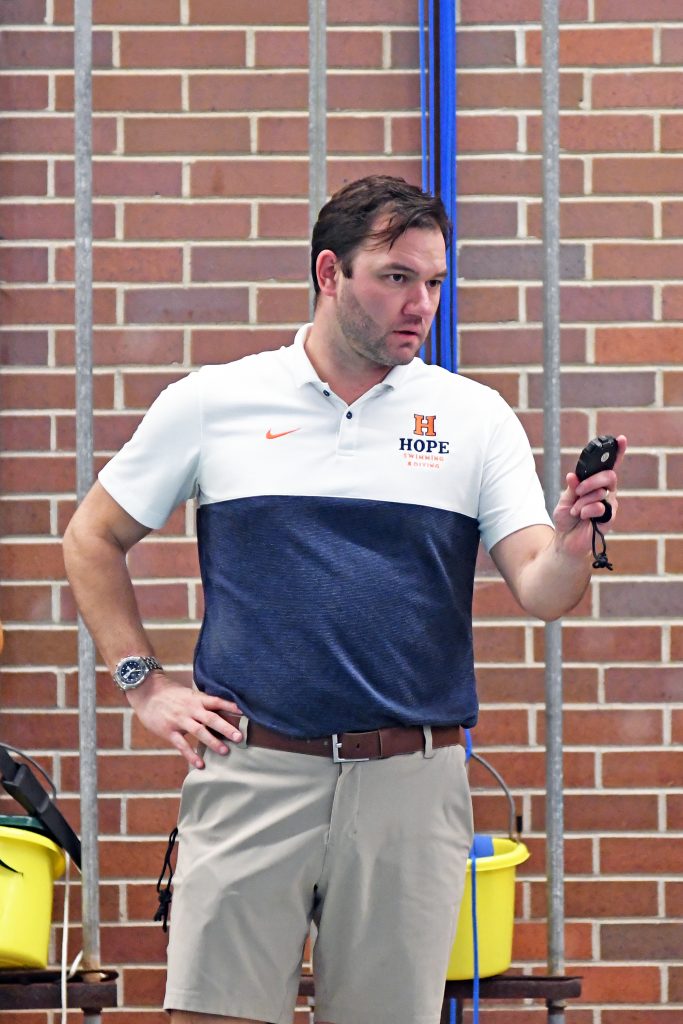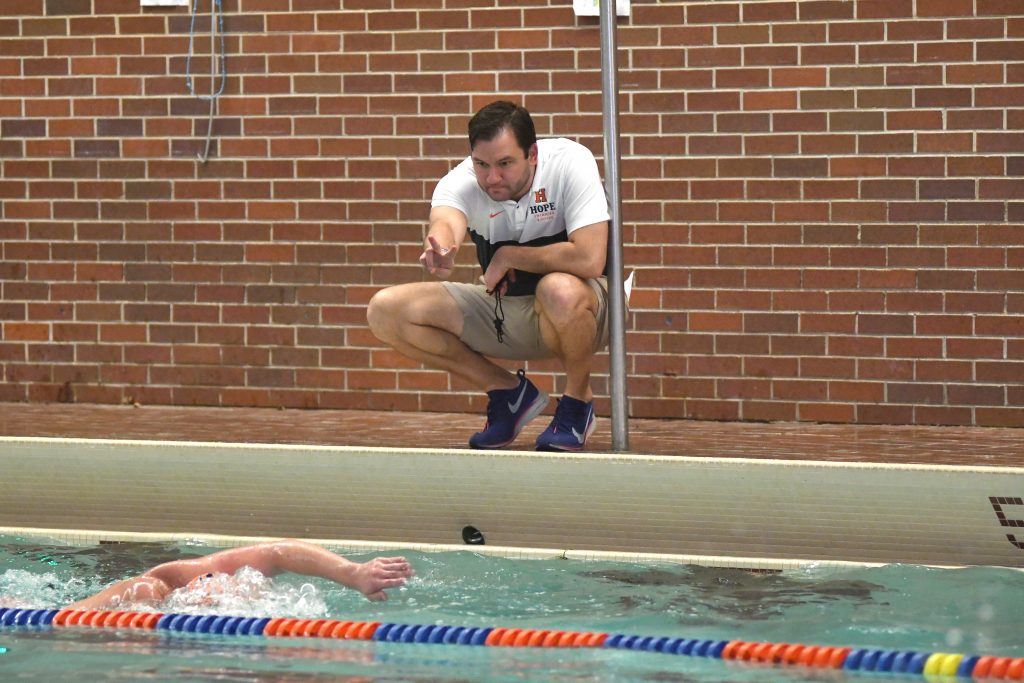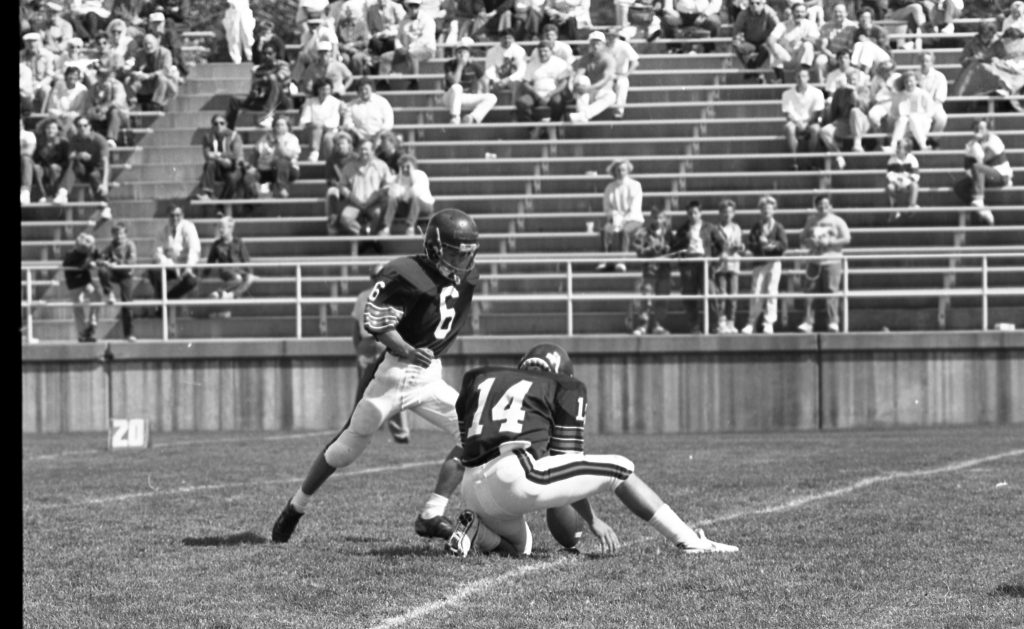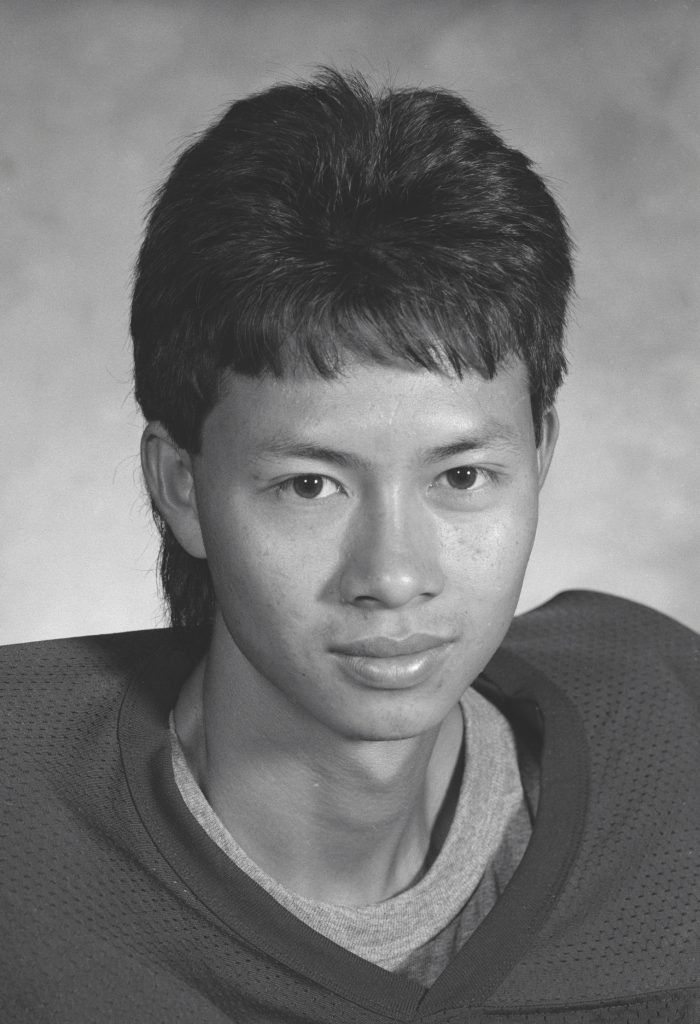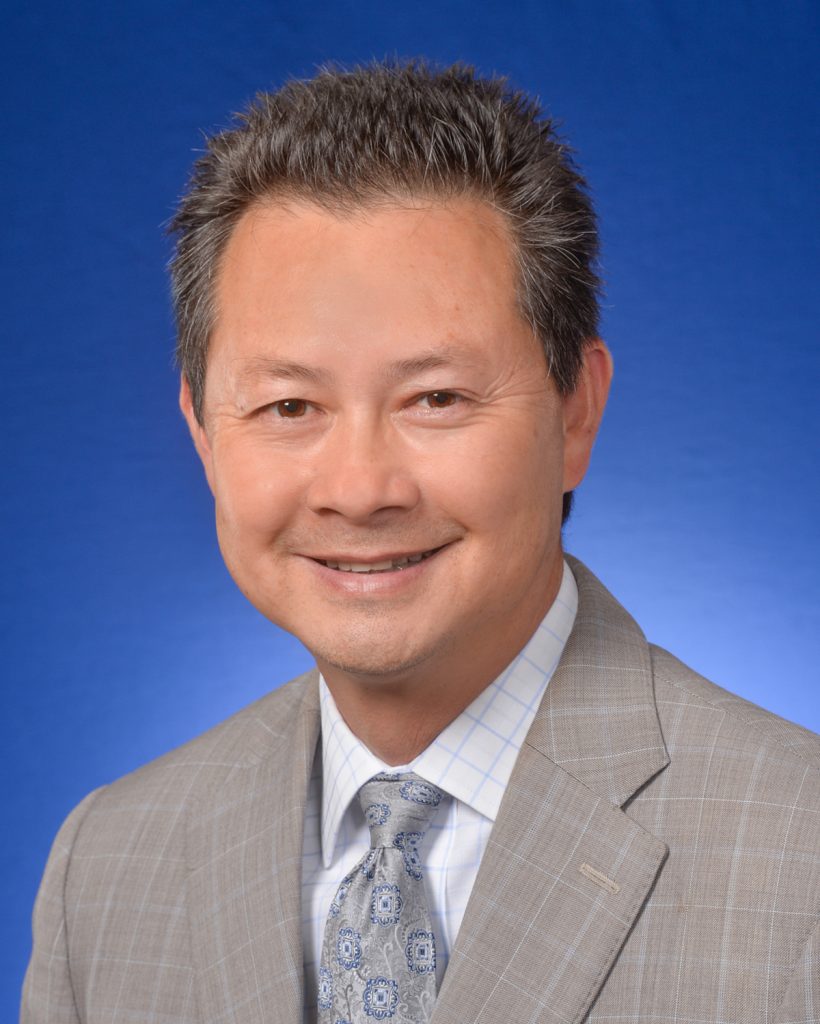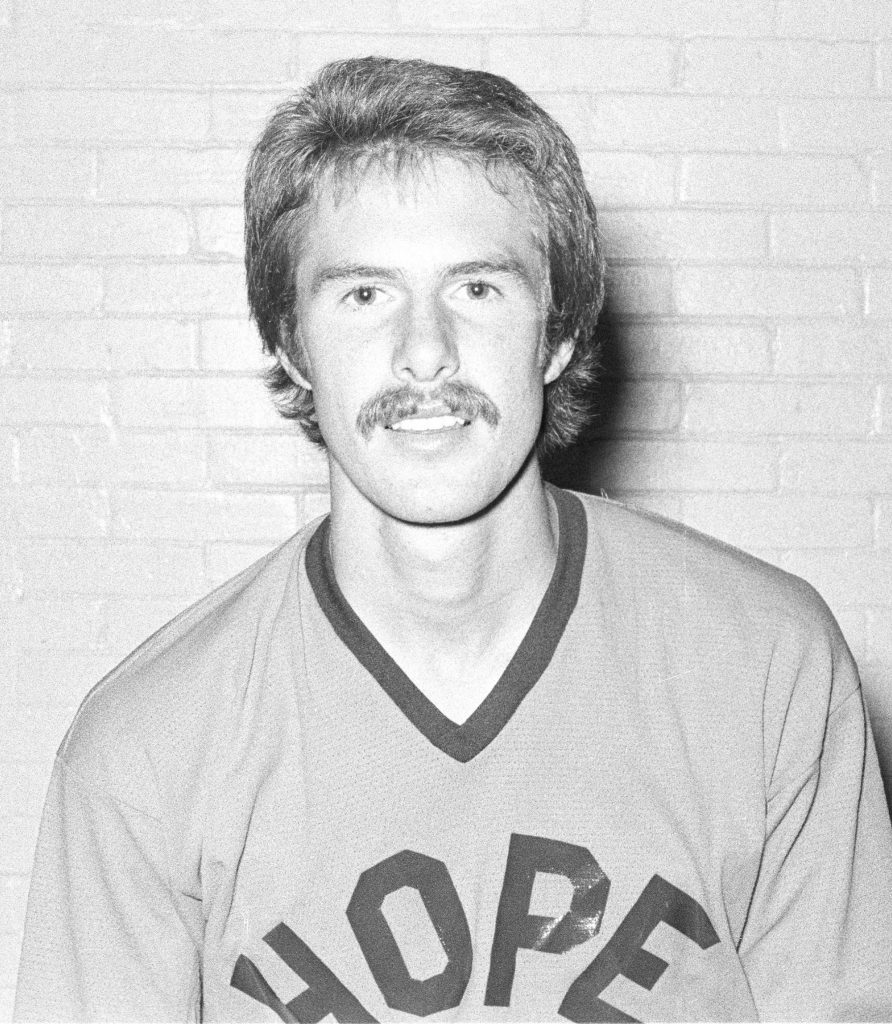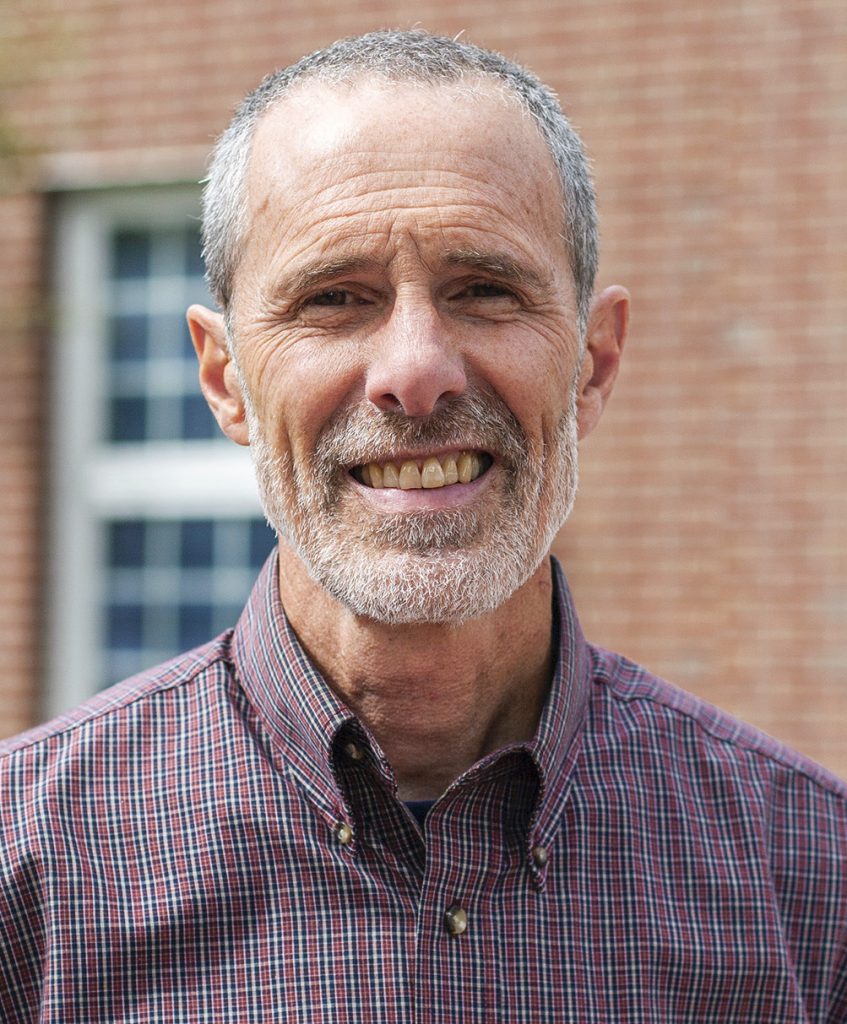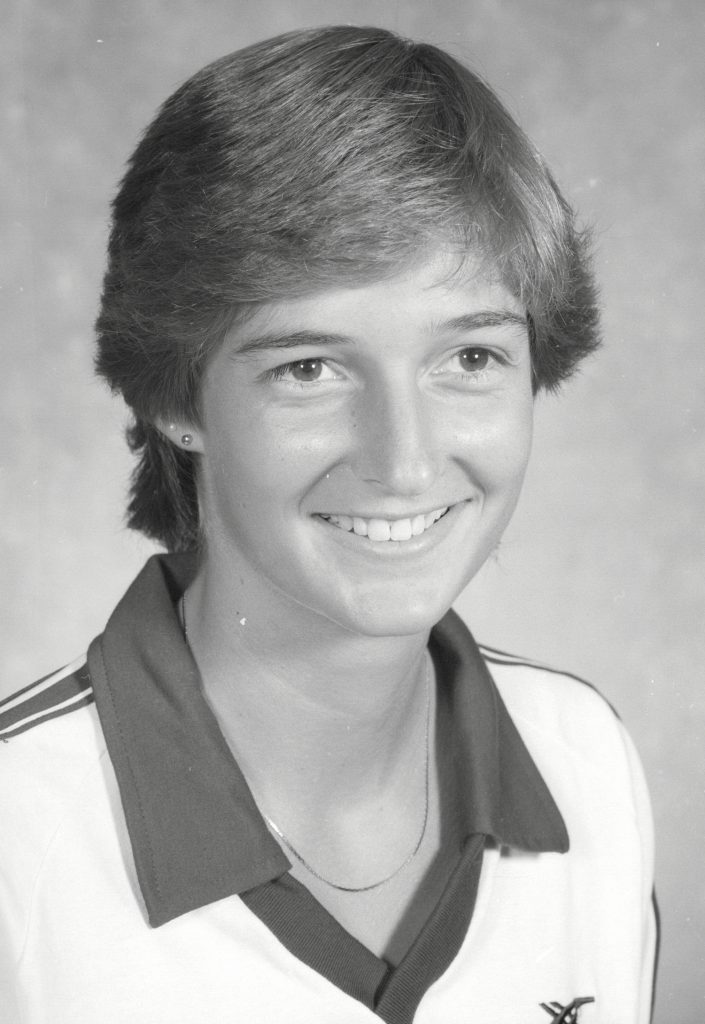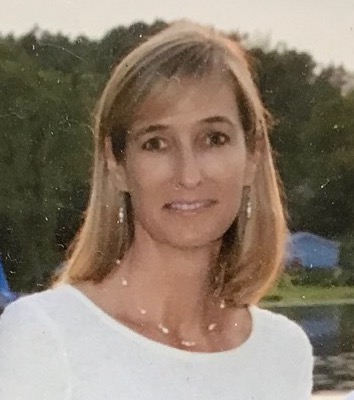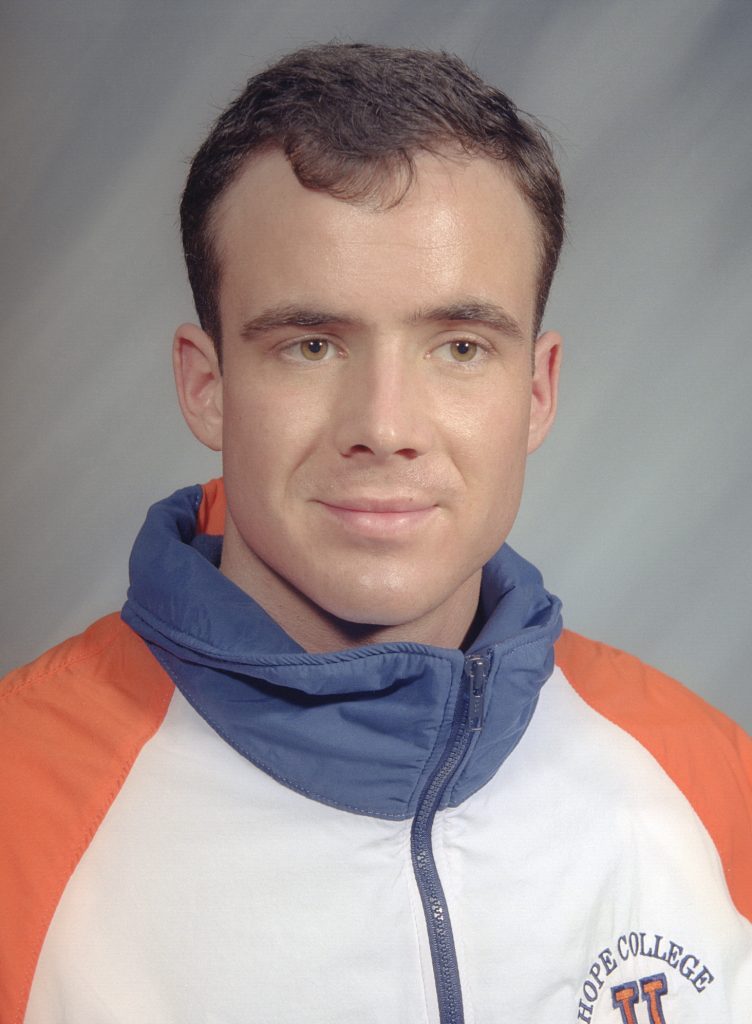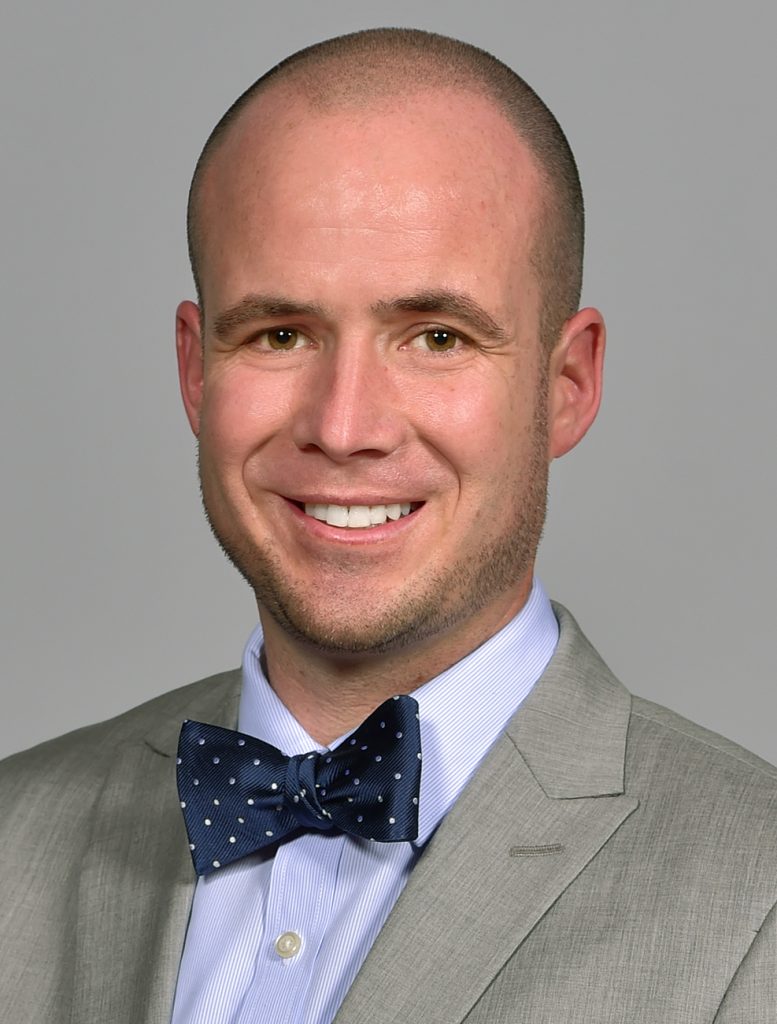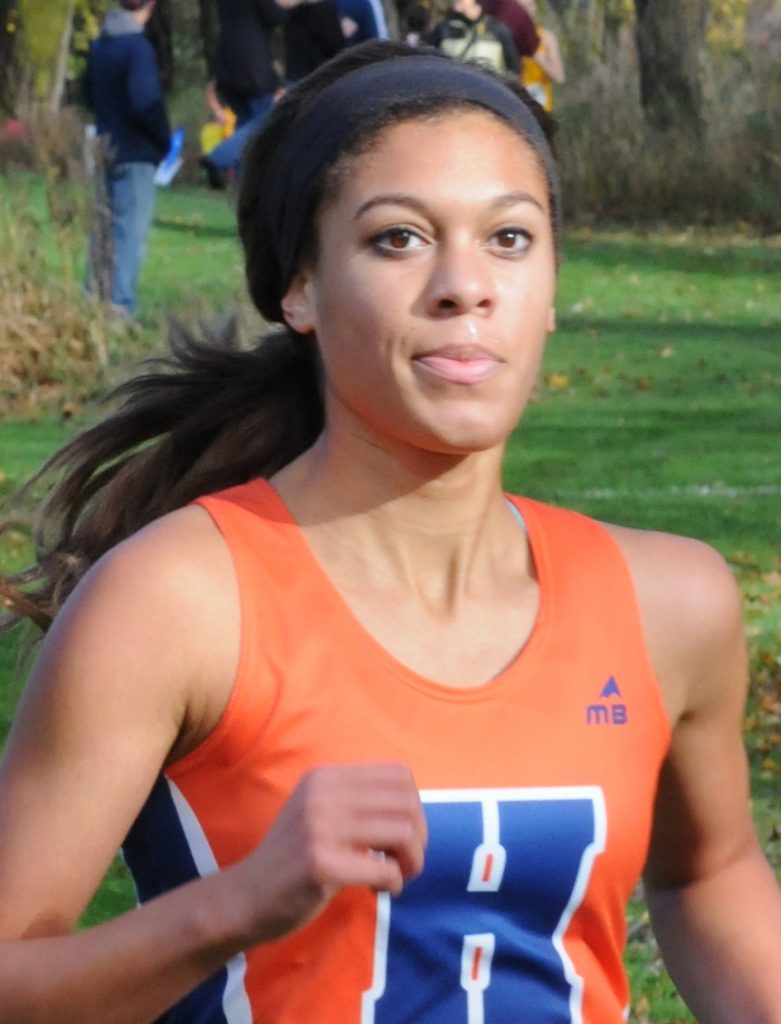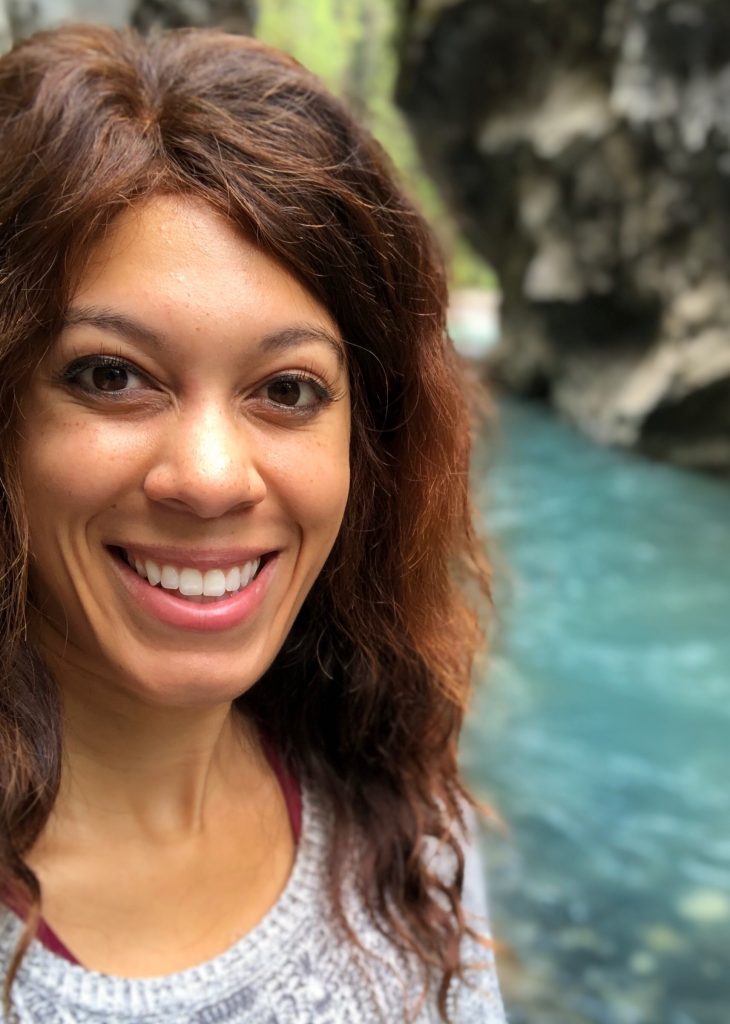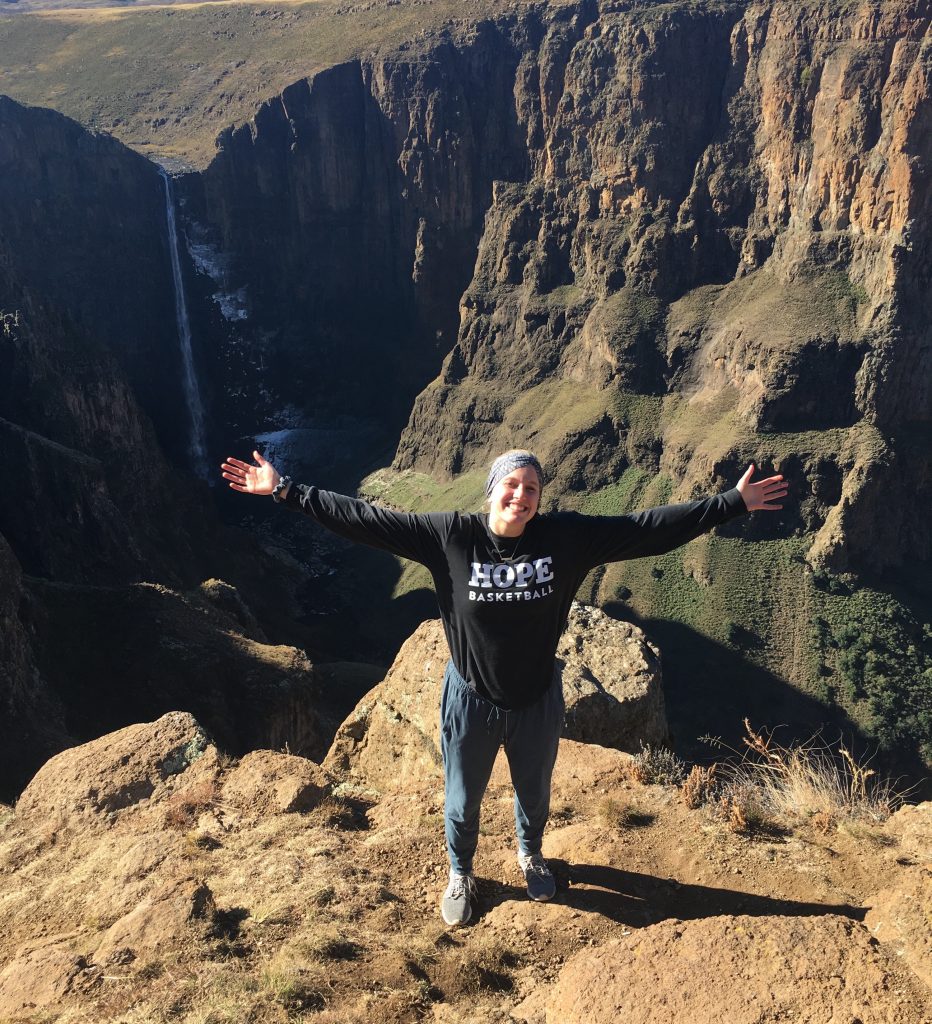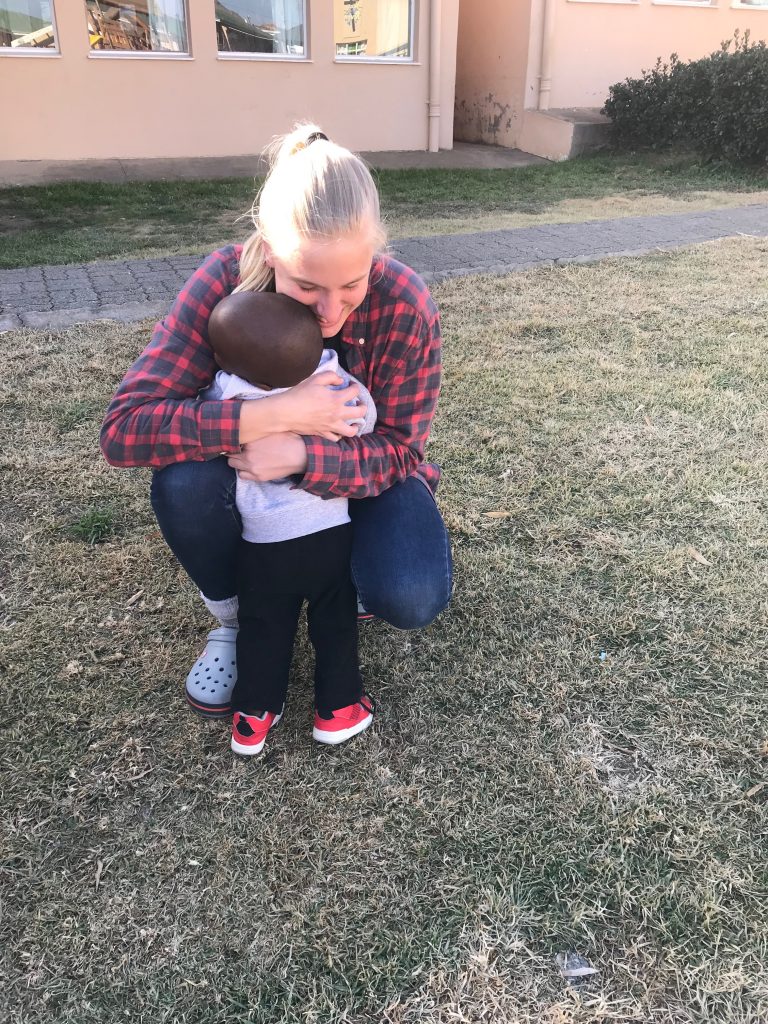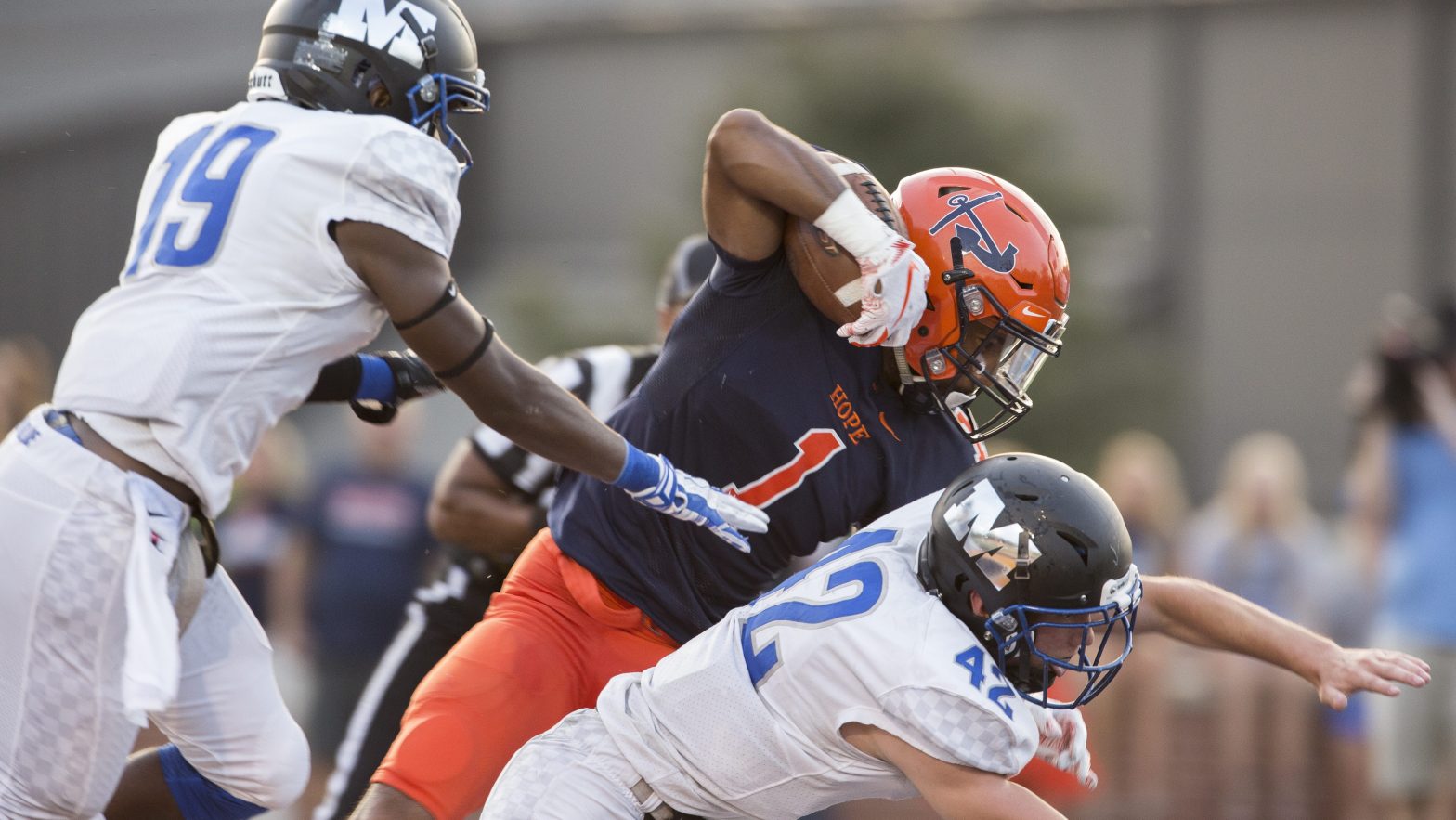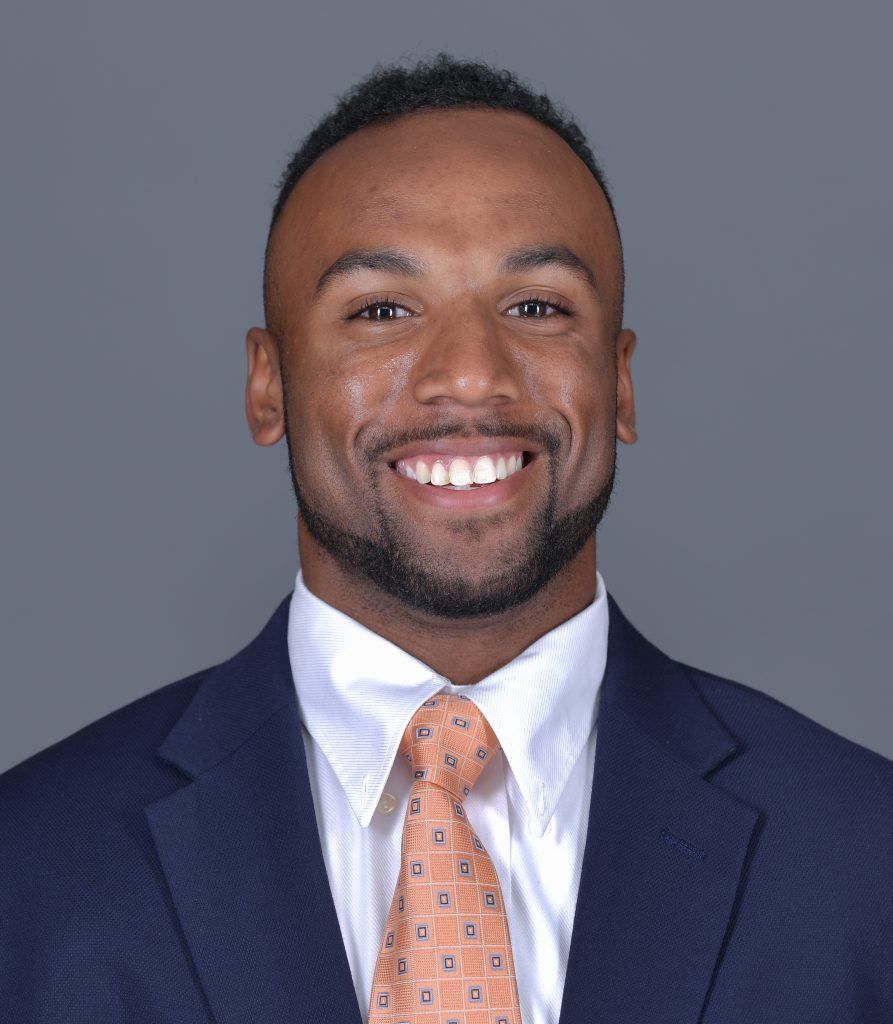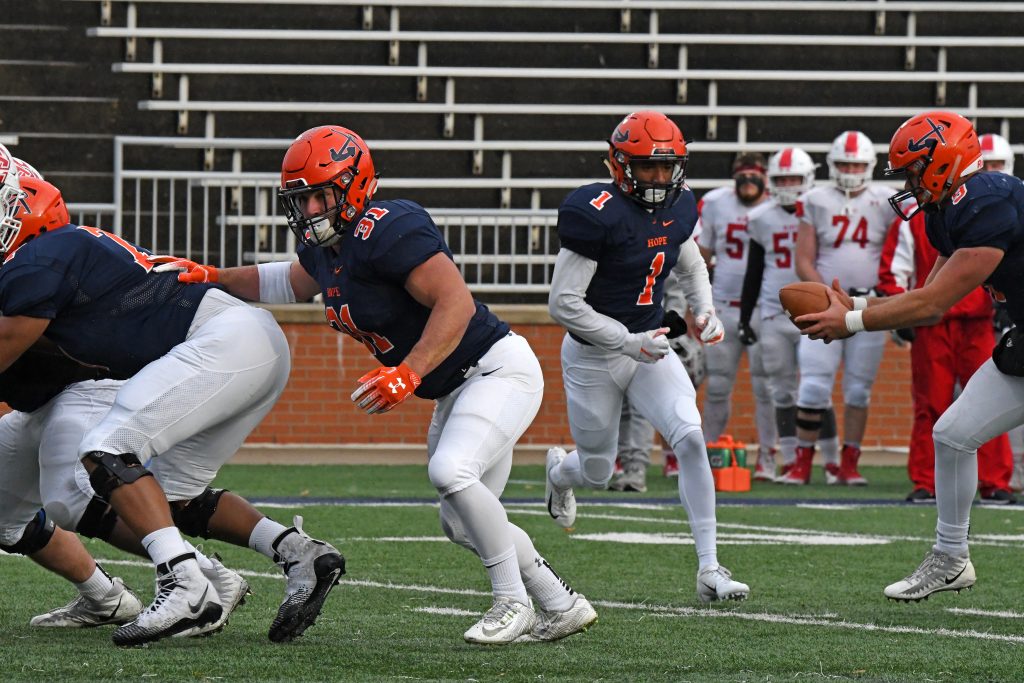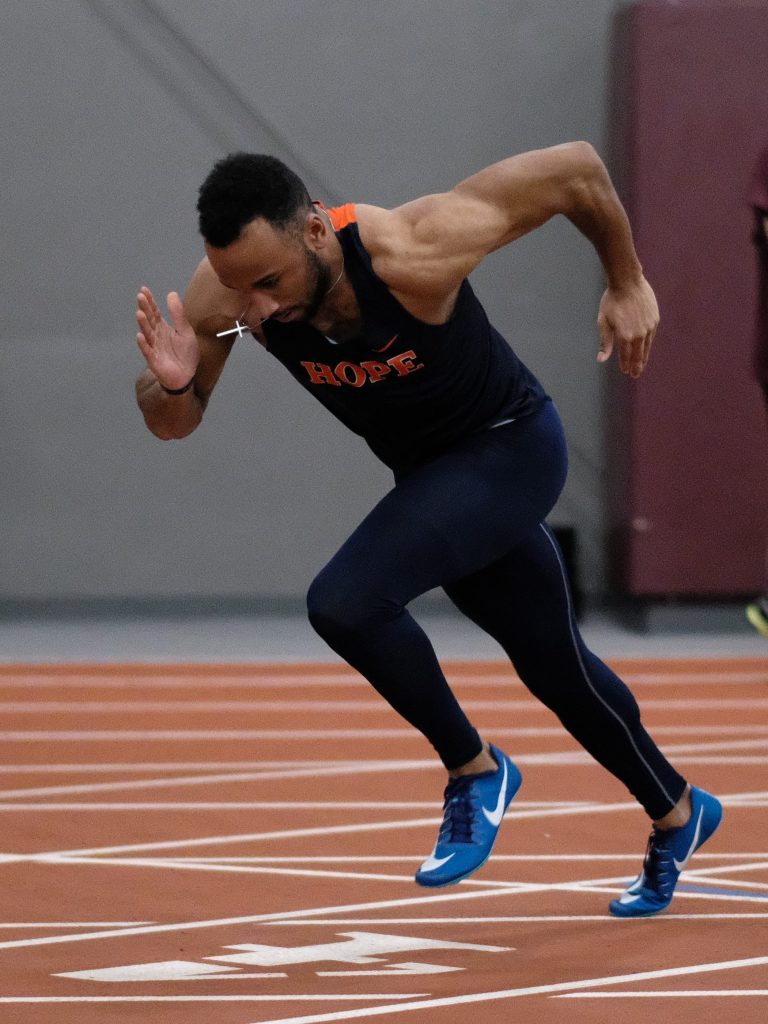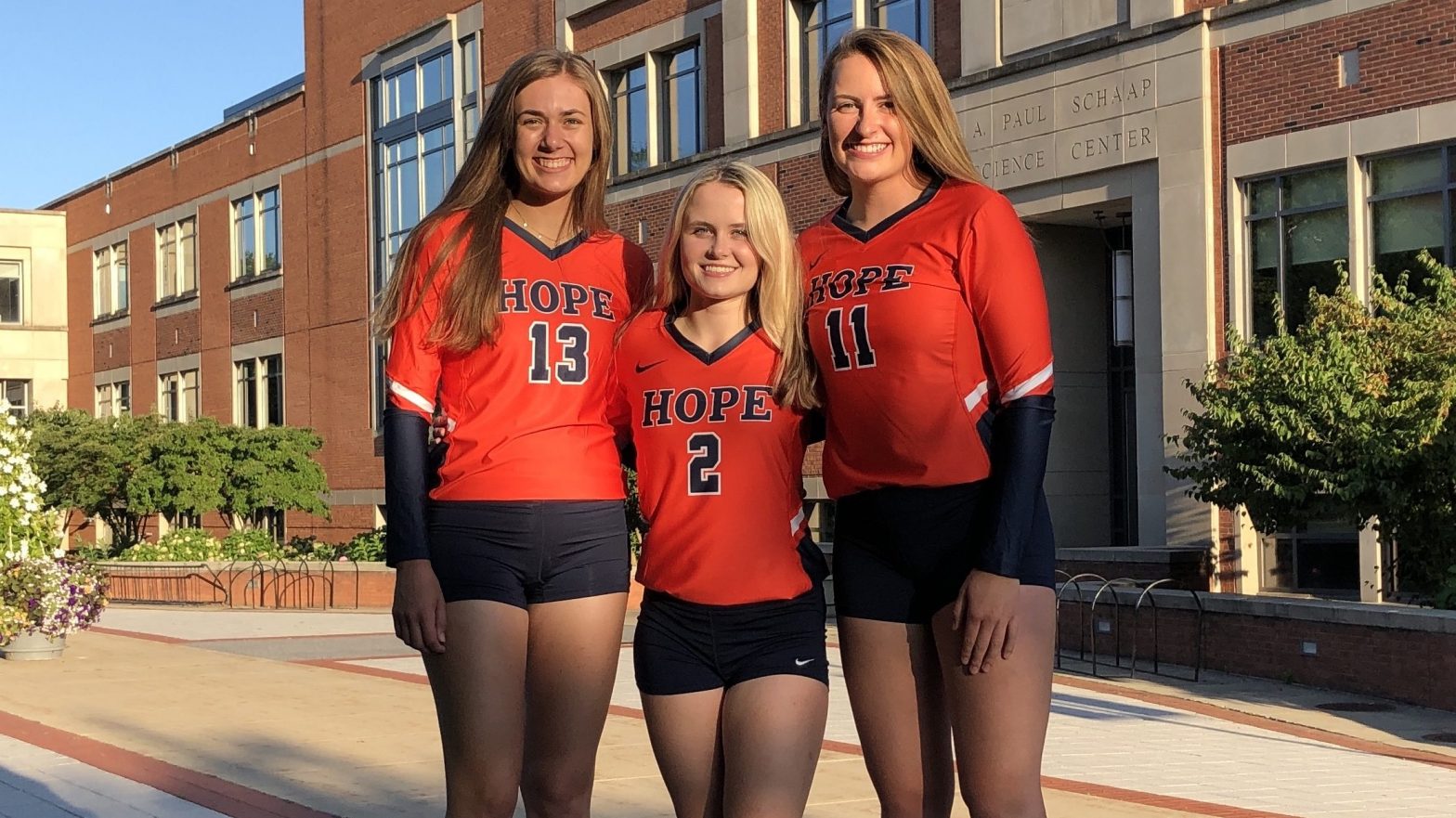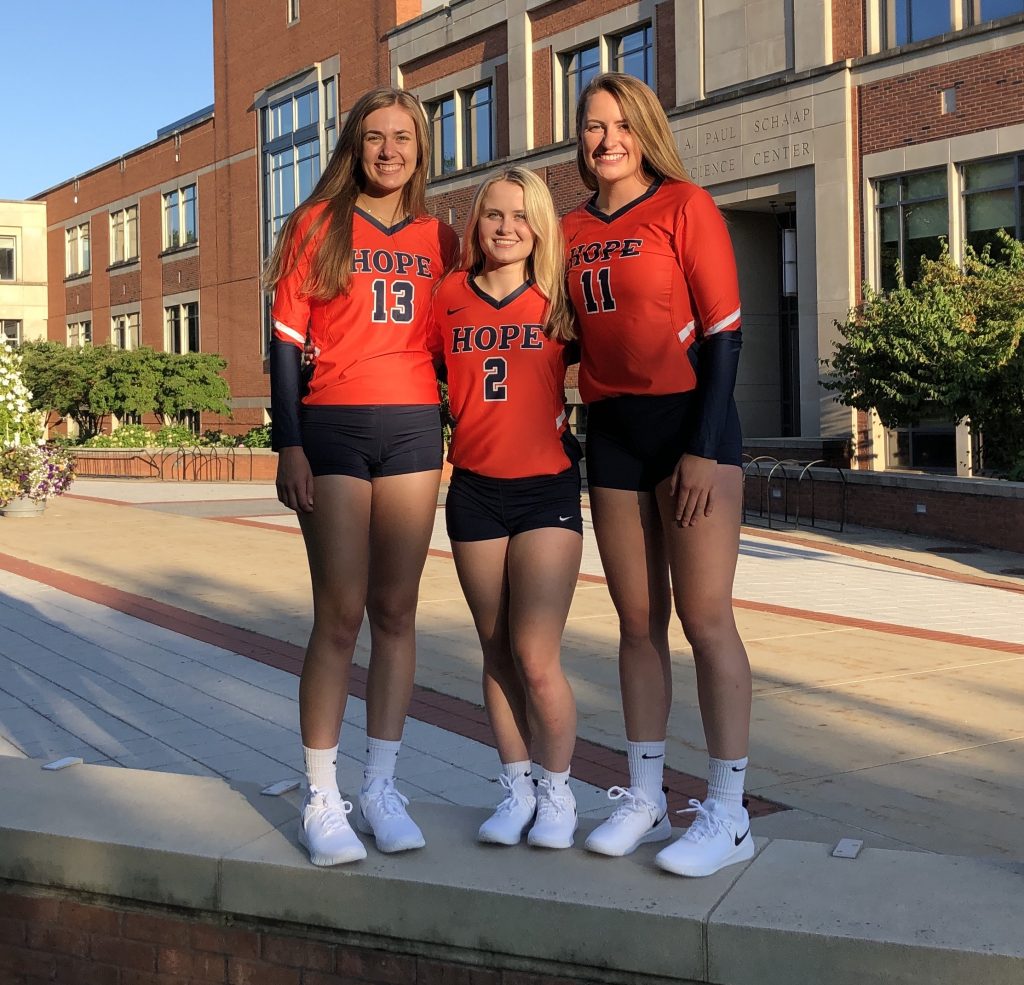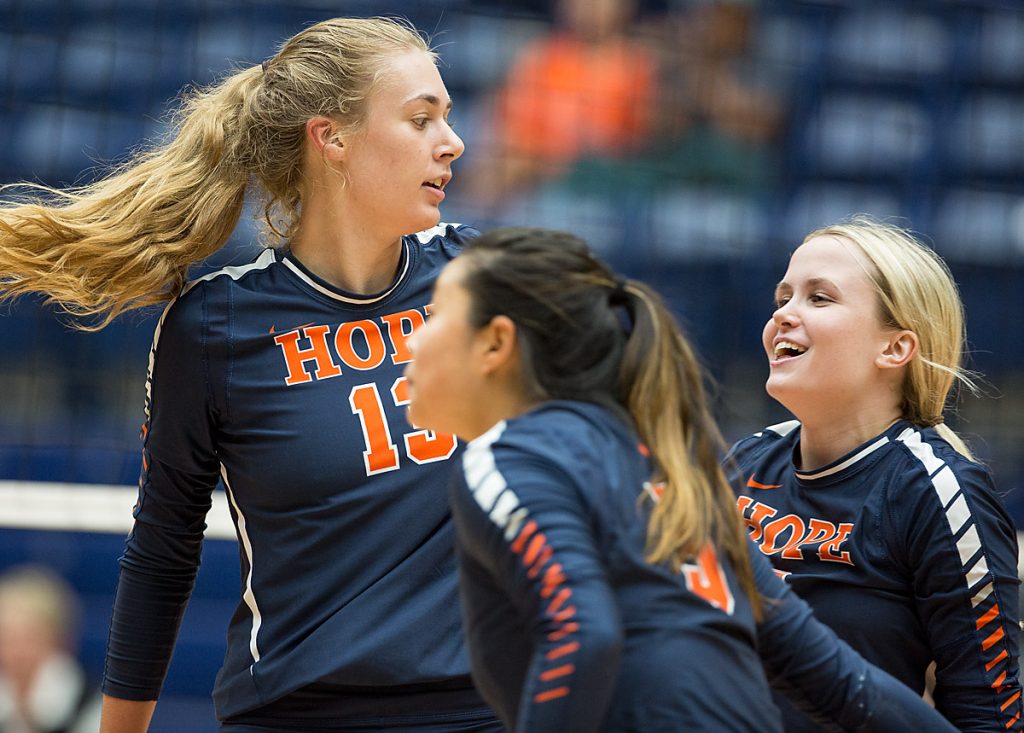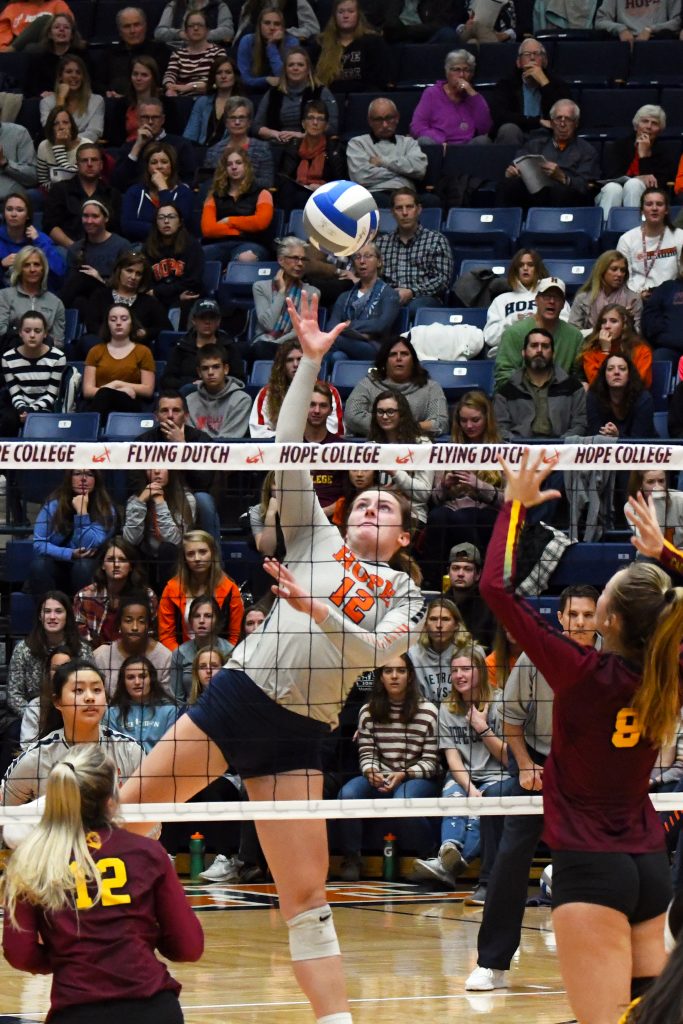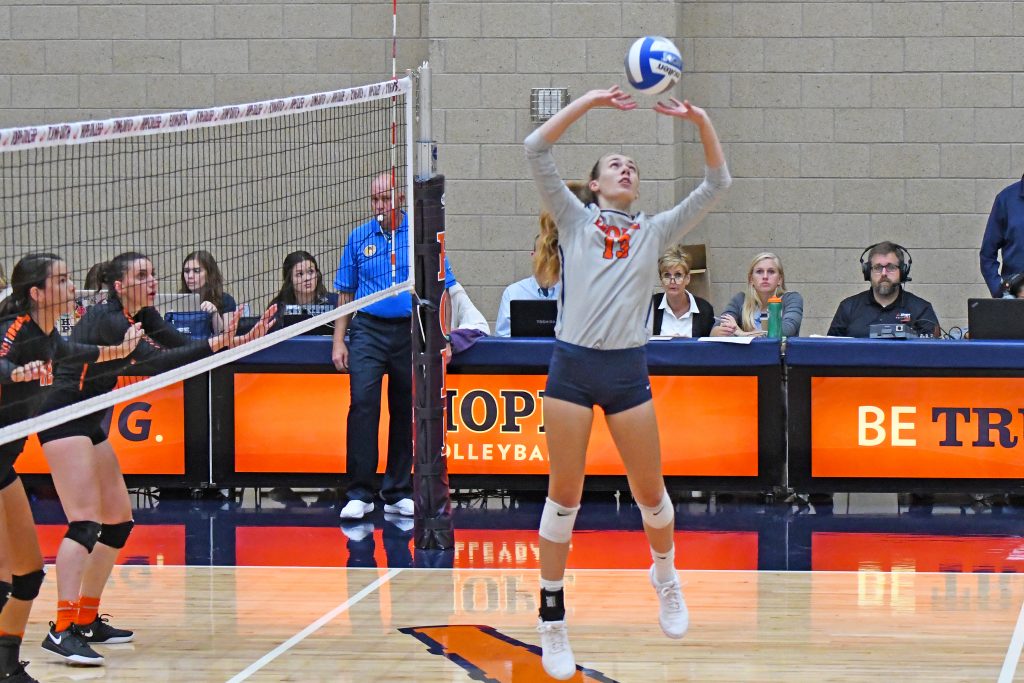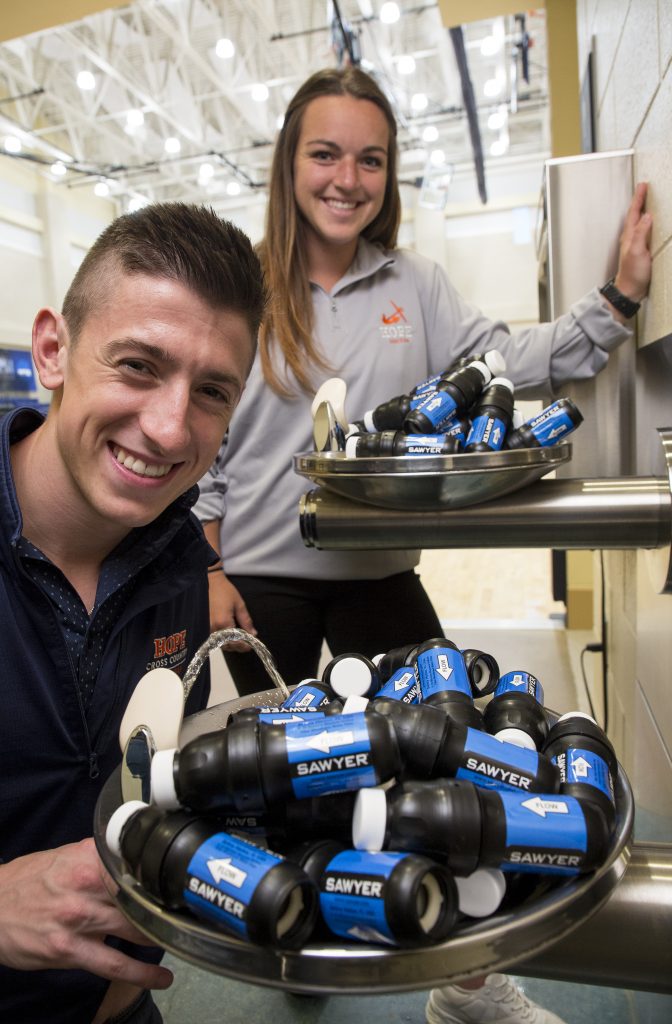
In 2018, Hope student-athletes Megan Bigelow and
Joey Dawson were demonstrating to communities in Ghana how a simple filter could turn filthy mop water into crystal-clear, drinkable water. One year later, they were assembling the filters themselves — just a small part of their internships at Sawyer Products, a company that makes water filtration systems and other outdoor products.
Whether in Sawyer’s air-conditioned headquarters in Florida or in a hot village in Ghana, whether on a dust-patch soccer field or in an executive boardroom, both experiences taught the Hope student-athletes that being on mission for Christ can happen anywhere.
Bigelow and Dawson, both seniors, went to Ghana as part of the college’s SEED (Sport Evangelism to Equip Disciples) program, which uses sport as a means to connect with others, tell them about Jesus, show them his love, and help the student-athletes grow and deepen in their faith.
“Sport brings people together,” Dawson said. “It’s like music, it’s a common language.”
Dawson is majoring in economics and business and part of the Baker Scholars program. The two-time captain has run on the men’s cross country team for four years.
SEED has been bringing Hope student-athletes on international service and evangelism trips for three summers, in locations that have included Ghana, Costa Rica, the Dominican Republic, India, Uganda and Zambia.
Critically, SEED trips also provide clean water for communities that so desperately need it. During each trip, Hope students train communities on how to use Sawyer water filters. In addition to donating the filters, Sawyer also makes trips for SEED participants affordable. (Full disclosure: Sawyer Products also funds a Hope research program that tests the sediments in its filters used in developing nations.)
“I’d never been on a mission trip, so I had no idea what to expect,” Bigelow said. “When we went over there I thought it would be fun to play sports with kids, but the water aspect was a lot larger than I thought.”
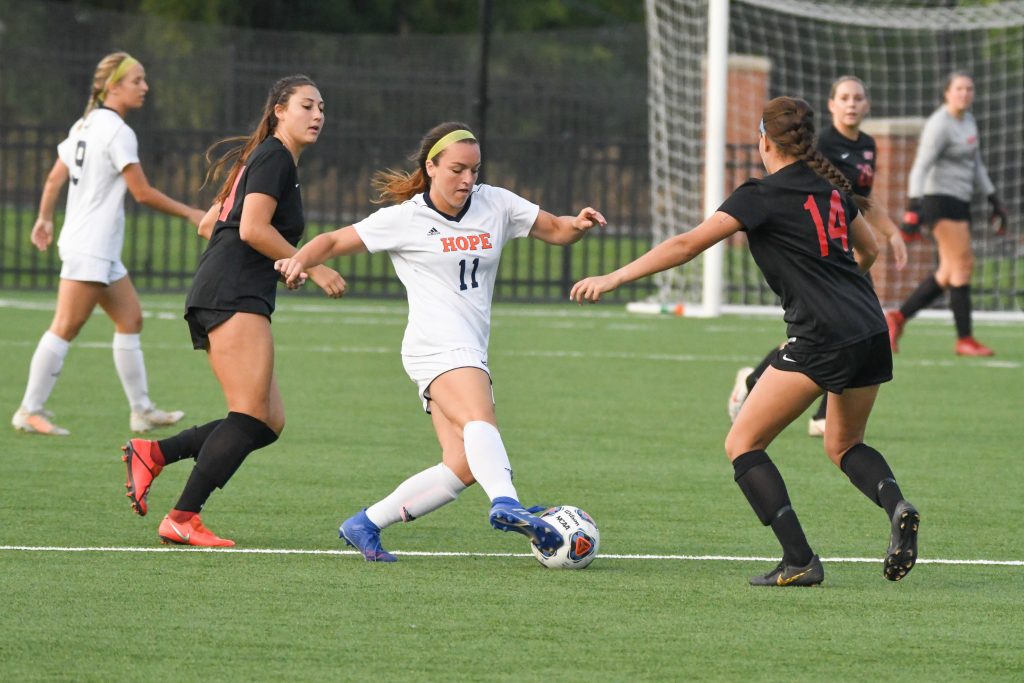
Bigelow is a scrappy midfielder on the Hope women’s soccer team and a business and economics double major from Flushing, Michigan. A 2019 All-MIAA First Team honoree, Bigelow has played in 80 games and tallied 37 shots on goal during her tenure at Hope, racking up seven goals and six assists for 20 points. She was a three-year starter and captained the team for the 2018 and 2019 seasons.
Like Bigelow, it was Dawson’s first time on an international mission trip.
“I had never been out of the country before, but I had a hunger to go somewhere new and to learn about a side of the world that I’ve never been to and people that I knew next to nothing about,” Dawson said. “This trip was an amazing opportunity to do that through an avenue I’m really passionate about: sport.”
At each stop in Ghana, the SEED team played games with children, conducting clinics in frisbee, soccer, baseball, volleyball and American football. They also taught Bible lessons and memory verses, and they shared the Gospel.
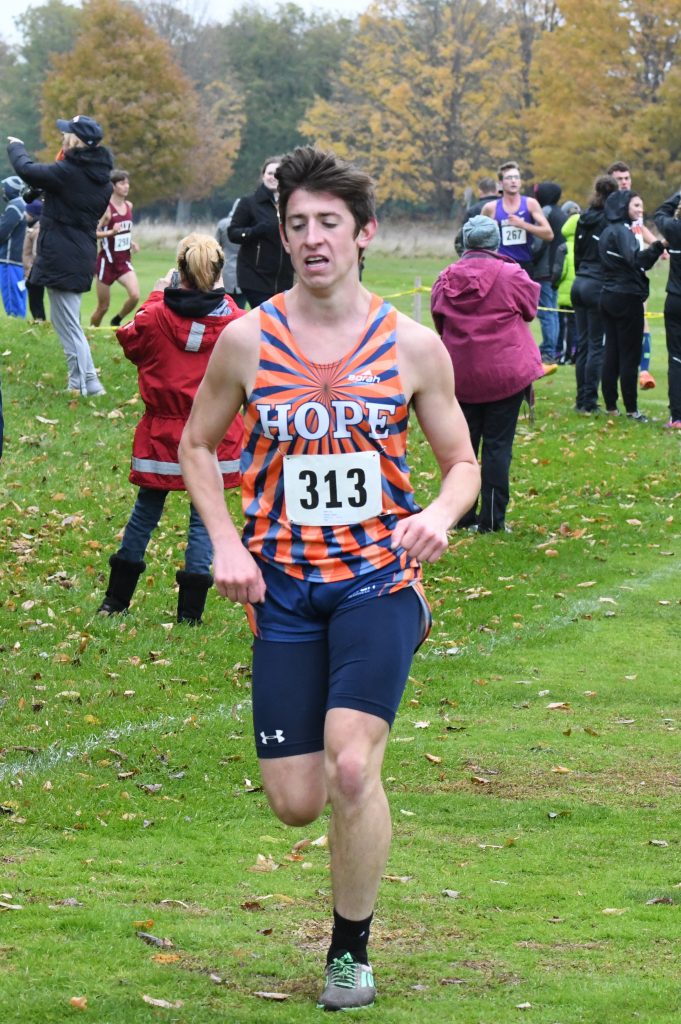
“To be able to do a trip that had the potential to talk about Christ with people, or to have cool conversations and form friendships around Christ as the center, that was amazing,” Dawson said.
He fell in love with the Ghanaian children (his tripmates said Dawson gave endless piggyback rides to the eagerly relentless kids), and he realized that, whatever he does after Hope, connecting with children is something that God is calling him to do.
Bigelow was struck by the faith of so many people she met in Ghana. “Their love for God was the greatest love I’ve ever seen, and they don’t even have clean water,” she said.
After the trip, “we all talked about how we have this global family that we didn’t know about: one, through Christianity, and, two, through sport,” Bigelow said.
The following year, in the summer of 2019, both Bigelow and Dawson landed internships at Sawyer.
“I was interested in working for Sawyer after our trip because it’s an outdoor company with a great mission. I was passionate about their products and the work they were doing,” Dawson said.
Hope alumnus Kurt Avery ’74 is the founder and CEO of Sawyer Products. His experience at Hope and as a Baker Scholar paved the way for his business success, and he’s intentional about providing similar opportunities to others.
“Kurt started this internship program as another way to give back,” Bigelow said.
Bigelow’s and Dawson’s internships were wide-ranging. Some days they’d be on the factory floor assembling Sawyer’s water filters or other products; other days they’d critique and create Sawyer’s displays and packaging.
“Kurt wanted us to get a taste of factory work to instill a humble work ethic, realizing that your decisions as a white-collar desk worker impact other people and their lives,” Dawson said.
Avery also served as a mentor for the interns. “Every day we would meet with him, and he would teach what he called Grasshopper U — a lesson he got from his MBA classes in graduate school,” Bigelow said. “We would bring a pad of paper to his office and he would just teach us different things.”
“He would carve out time to sit down with us and teach us various lessons that he had learned through the years — sometimes through the hard way — that could make us better leaders,” Dawson said.
“After watching Kurt, it’s so cool to be able to witness how he doesn’t work just for this life, he works for the life after this one. It’s great to see how he’s intentional about incorporating that into his work,” Bigelow said.
Their big project at Sawyer was to help the company better communicate to Generation Z. “For several weeks we did market research,” Dawson said. “We compiled a presentation, and we flew out to the planning conference in Colorado, where we presented to the executive committee.”
“Sport brings people together,” Joey Dawson said. “It’s like music, it’s a common language.”
The ability to plug into so many elements of a successful company was a valuable experience that they hope will impact their work as they build their own careers after graduation. They also saw first-hand how a for-profit organization can find success in the marketplace while pursuing charitable causes. Sawyer donates filters and funds SEED trips because its leadership believes in doing good for the world — not only by meeting the physical needs of people who need water, but by meeting the spiritual needs of people who need the living water of the Gospel.
In 2019, Avery received the Hope for Humanity Award, presented to Hope College alumni athletes who have demonstrated Christian commitment and service to others in their careers after Hope. “We’re a company with a mission,” Avery said at the annual HOPEYs Awards ceremony. “I’m not going to take anything with me.”
“There are a lot of different ways to be a witness to Christ,” Dawson said. “Not all people are called to preach on the street corner, but we’re all called to full-time ministry.”
—
Feature photograph by Steven Herppich; Action photographs by Lynne Powe ’86; Ghana photographs by Megan Bigelow and James Ellis


